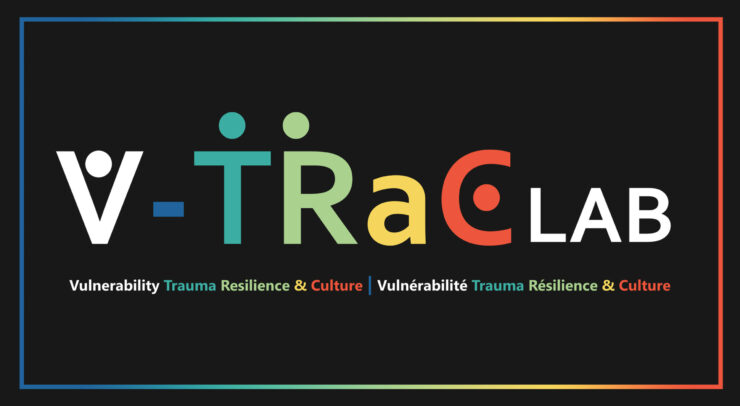U of O launches virtual mental health clinic
University of Ottawa student Jeff Perron’s app looks to reduce the effects of anxiety and depression. Photo courtesy of Jeff Perron.
Social media and technology are often lamented for their isolating effects. However, recent projects from the University of Ottawa are making use of this technology in a more positive way—to combat mental illness.
The University of Ottawa Brain and Mind Research Institute has recently launched a new online initiative, eMentalHealth.ca/Primary Care, which aims to help primary care physicians in supporting their patients with mental health needs.
This initiative is the first step in creating a virtual mental health clinic by providing users online e-therapies, e-health coaches, psychiatrists available to answer questions from primary care workers on the phone, and a referral system to help navigate our complex care system.
“The (virtual mental health) clinic is part of our Vision 2020 initiative, which aims to reduce rates of suicide and suicidal behaviour in the Champlain Local Health Integration Network (LHIN) by 20 per cent by year 2020,” said Mireille St-Jean, undergraduate program director at the Department of Family Medicine at the University of Ottawa.
“The new website showcases a new decision support tool for managing depression and antidepressants,” said Simon Hatcher, vice-chair of Research for the Department of Psychiatry at the Faculty of Medicine.
The site is an offshoot of eMentalHealth.ca, an initiative developed by the Children’s Hospital of Eastern Ontario. It’s site offers guides for mental health conditions, screening tools, a service directory to help physicians refer their patients, and handouts for patients and their families.
“The tool will help prescribers and their patients select an evidence-based treatment pathway that is often not easily available to non-specialists,” said Hatcher.
U of O student develops app to ease effects of mental illness
But it’s not just the school who’s developing new ways to treat mental illness—one student is trying to bolster ongoing mental health efforts at the U of O by developing an app called TruReach Health.
Jeff Perron, who is working towards his PhD in clinical psychology at the U of O, is taking on TruReach completely separately from his PhD work. He hopes to adapt TruReach to a range of mental health conditions.
It was born of frustrations with the lack of accessible services for the average person dealing with anxiety and depression.
“There’s really nothing that’s right there and instantly accessible to the average person,” said Perron.
The app is the product of years of research on cognitive behavioural therapy (CBT)—a goal-oriented psychotherapy treatment.
“CBT is based around the idea that our thoughts, our feelings, and our behaviours are connected,” said Perron.
The goal of CBT is to train your mind to replace negative thought patterns and behaviours with more positive ones. Unlike other kinds of therapy, it doesn’t focus on understanding the origins of the problems.
Perron emphasizes that TruReach isn’t a health service and isn’t meant to replace face-to-face therapy, but instead a self-help resource that can support people dealing with problematic thinking patterns.
The app contains 18 five-minute or less lessons, which are easy to access and teach users cognitive behavioural skills at their convenience.
“For the younger generation, if it doesn’t work well, if it’s not easy to use, then we’re not going to use it, period,” said Perron.
What sets this app apart from others is the “thought journal” option. In CBT, the use of a thought journal is not a new practice, but again, this platform of TruReach Health has made it more accessible to those who can’t afford, or don’t have time for traditional therapy.
Both Perron’s and the university’s initiatives highlight the changing role in the treatment of mental health.
“The delivery mechanisms have to change, we need to use technology to get therapy out to people,” said Perron, “otherwise we’re going to fall behind.”
“We’ve become accustomed to paying attention to our physical health,” he said, but “we need to get to the point where we pay just as much attention to our mental health.”
But we still have a ways to go, according to Perron.
“When it comes to depression and anxiety, the messaging is off, we need to help people understand that it’s normal to feel down at different points in your life.”
Perron’s TruReach health app can be found on Android and Apple app stores. The university’s resources can be found at www.eMentalHealth.ca/Primary Care.







